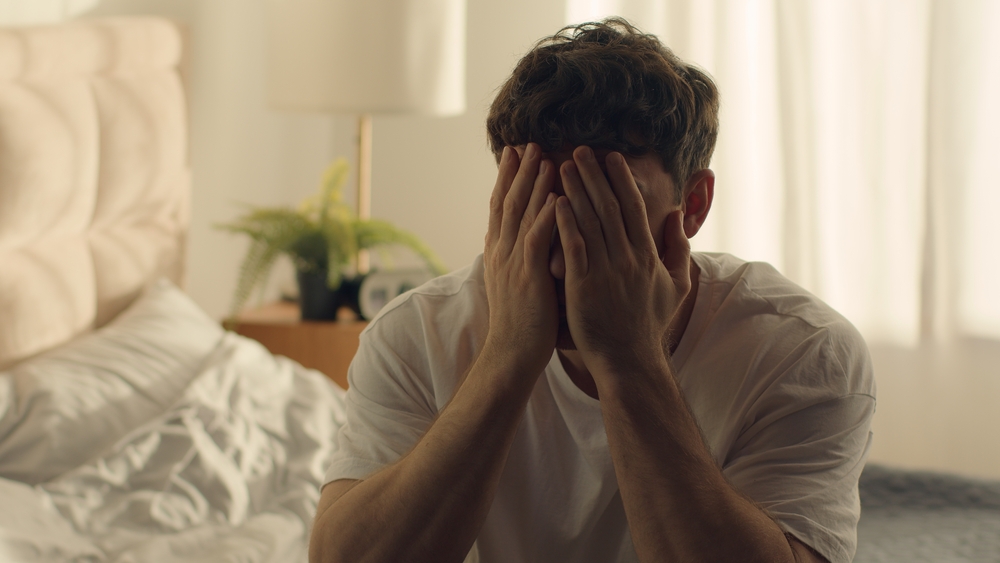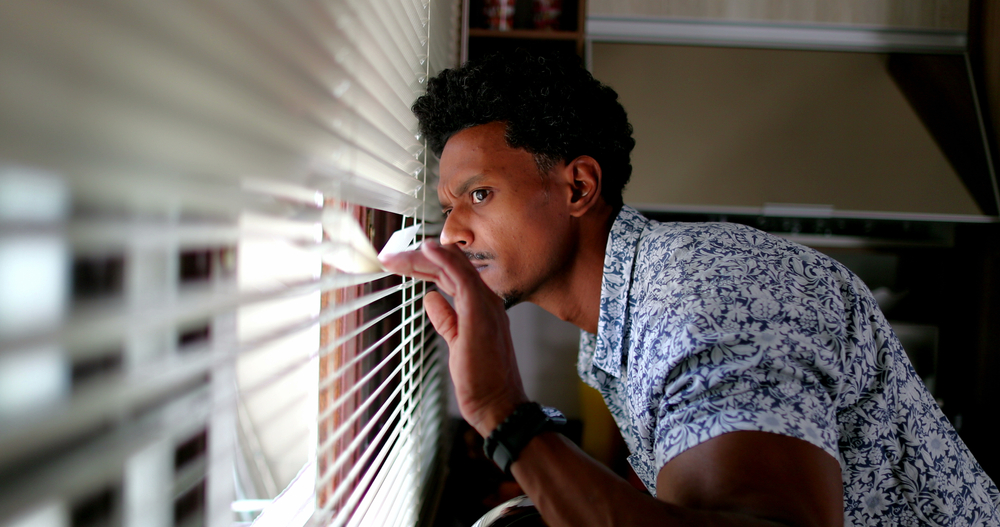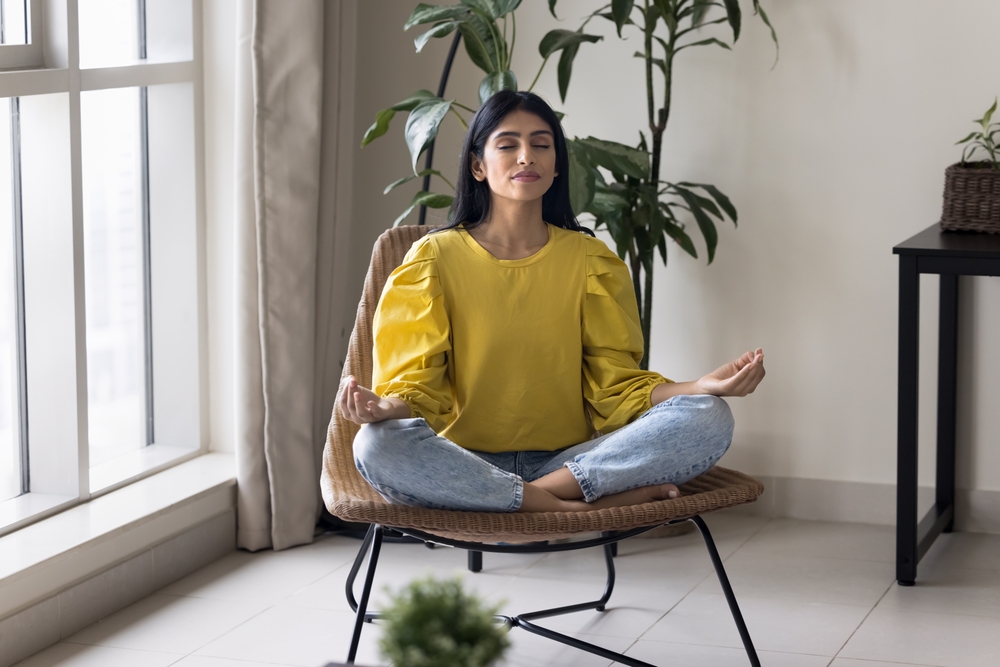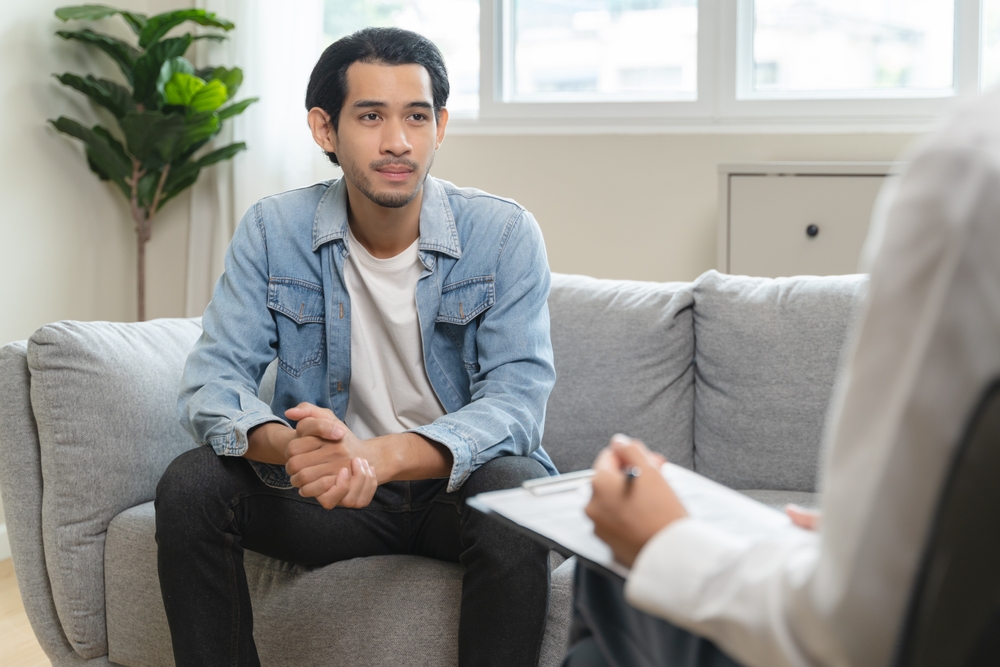Many spy thrillers depict the inner workings of national intelligence agencies, such as the CIA. National security is commonly depicted as a slick and hardcore profession with flashy suits, shiny guns, backflips, and explosions. But real life is not like a James Bond or Jason Bourne film where people seem to be born with super spy powers. Instead, national security staff undergo years of unglamorous training to earn any level of clearance. However, some human traits can seem like superpowers if honed correctly. For example, former CIA agent Andrew Bustamante believes that anxiety can actually be a superpower.
Detrimental or valuable

Bustamante is a former covert CIA intelligence agent and a decorated US Air Force combat veteran. In 2017, he left the agency and founded EverydaySpy.com, a virtual platform to teach intelligence techniques to the public based on his 20 years of running human technical operations around the world. His mission is to empower people using spy skills. One of his more famous claims is about the benefit of anxiety, a sometimes debilitating disorder that most people view as a “weakness”.
Paranoia and observational skills

“Anxiety is a superpower through the eyes of the CIA,” Bustamante said in an episode of “The Diary Of A CEO” podcast with Steven Bartlett. “Anxiety keeps you alive. Anxiety keeps you sharp. Anxiety keeps you learning. It keeps you attentive. It’s a good thing. The CIA wants people [who] carry a certain level of anxiety because when you carry anxiety, you’re naturally paranoid, which means you have heightened observational skills.”
Read More: 10 Traits of a Highly Self-Aware Person
The superpower of anxiety

Bustamante is describing “hyper-vigilance,” which is commonly associated with anxiety. It’s a state of high alertness and sensitivity to your environment. It’s how the mind tries to prepare itself for oncoming danger, but with anxiety disorders, the feeling of “danger” is disproportionate to the situation or not based in reality. But hyper-vigilance can save people in potentially life-threatening scenarios.
What is anxiety?

Although this element of anxiety can be useful for spies, the disorder isn’t enviable. Chronic anxiety can reduce quality of life and cause health issues like digestive problems, weight gain, depression, and a weaker immune system, according to Healthline. Anxiety itself can be beneficial; it’s meant to make us alert and protect us from dangerous situations. But it can become debilitating if the worry and fear doesn’t go away, leading to insomnia, brain fog, fatigue, chest pain, rapid heart rate, panic attacks, etc.
Why the CIA looks for anxious agents

Bustamante also notes that anxiety can be detrimental if not honed correctly. In a conversation with Francesca Tighinean for the “The Francesca Psychology Podcast,” he noted: “Anxiety is a superpower in the world of espionage; however, if it goes untrained, it can be very damaging because anybody who has anxiety knows the spiral that comes out of anxiety. [The CIA] teaches us how to recover, recuperate, and maintain our energy reserves, our mental health, because they also know that they’re tapping into our anxious tendencies.”
Read More: 6 Fascinating Genetic Traits You Inherit Exclusively from Your Father
How to stop anxiety in its tracks

Anxiety only works as a tool if you’re able to put it down once it serves its purpose. But trying to force yourself to “calm down” can make it worse, because it begins a cycle of being anxious about being anxious. Instead, accept the feelings, recommends WebMD. Fighting anxiety can escalate it, so accept it and let it runs its course. At the same time, recognize the source of worry, and don’t belittle yourself or your physical reactions. Remind yourself that you are safe, and redirect your nervous energy to beneficial activities such as exercise or stretching.
Managing anxiety as a CIA agent

Similarly, Bustamante emphasizes the importance of managing feelings of worry and panic. He listed the importance of a proper diet, exercising, staying hydrated, and getting enough sleep. “These are all things that counter and combat anxiety,” said the former CIA agent. “Sunlight or vitamin D combats anxiety. Routines and schedules combat anxiety.”
How to manage chronic anxiety

- Identify triggers. Note what situations and actions contribute to anxiety, and develop strategies to make these experiences more manageable.
- Avoid substances. It’s tempting to resort to alcohol and recreational drugs to calm down, but they can worsen anxiety over time, and lead to substance abuse disorders and addictions.
- Exercise. Create a routine that encourages physical activity throughout the day. Mayo Clinic shows that exercise can be extremely effective at reducing stress and improving feelings of wellbeing.
- Prioritize sleep. Insomnia and restlessness are common symptoms of anxiety, but sleep deprivation only worsens the disorder. Do relaxing activities before bed that don’t involve screens, and avoid triggers if possible.
- Relaxation techniques. To calm yourself before bed or throughout the day, try journaling, practicing yoga, meditating, and breathing exercises.
- Get support. Talk to loved ones about your struggles, or seek out a support group you can relate to. Many people also find relief through talk therapy where they can unburden themselves and develop personalized strategies. And speak to your doctor or psychiatrist if medication such as antidepressants or sleep aids may help.
Read More: ‘Collapsed’ Narcissists Often Exhibit These 15 Troubling Traits

